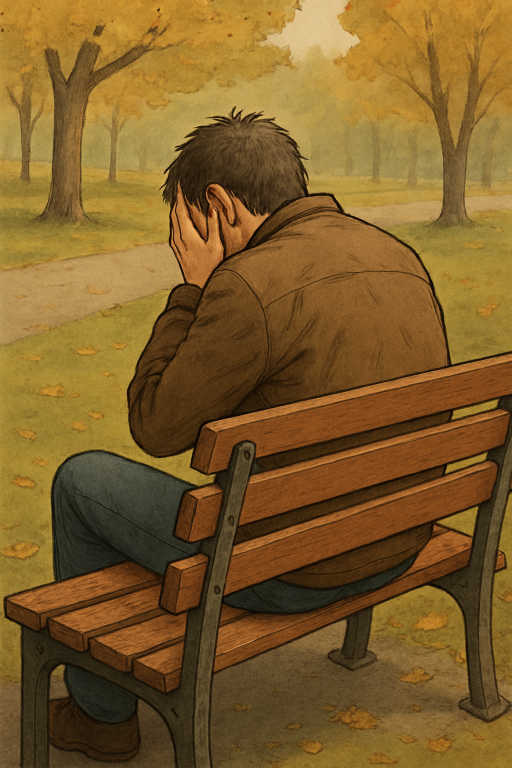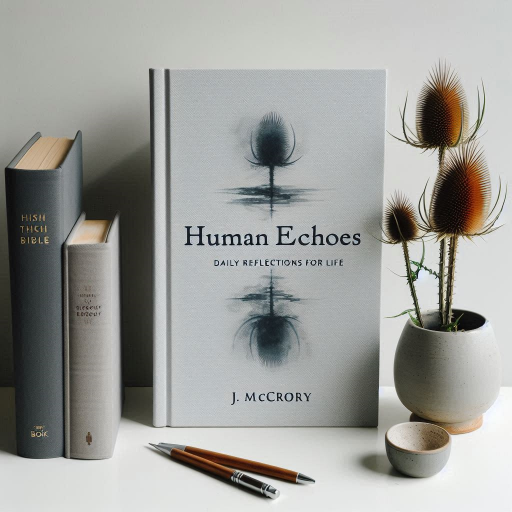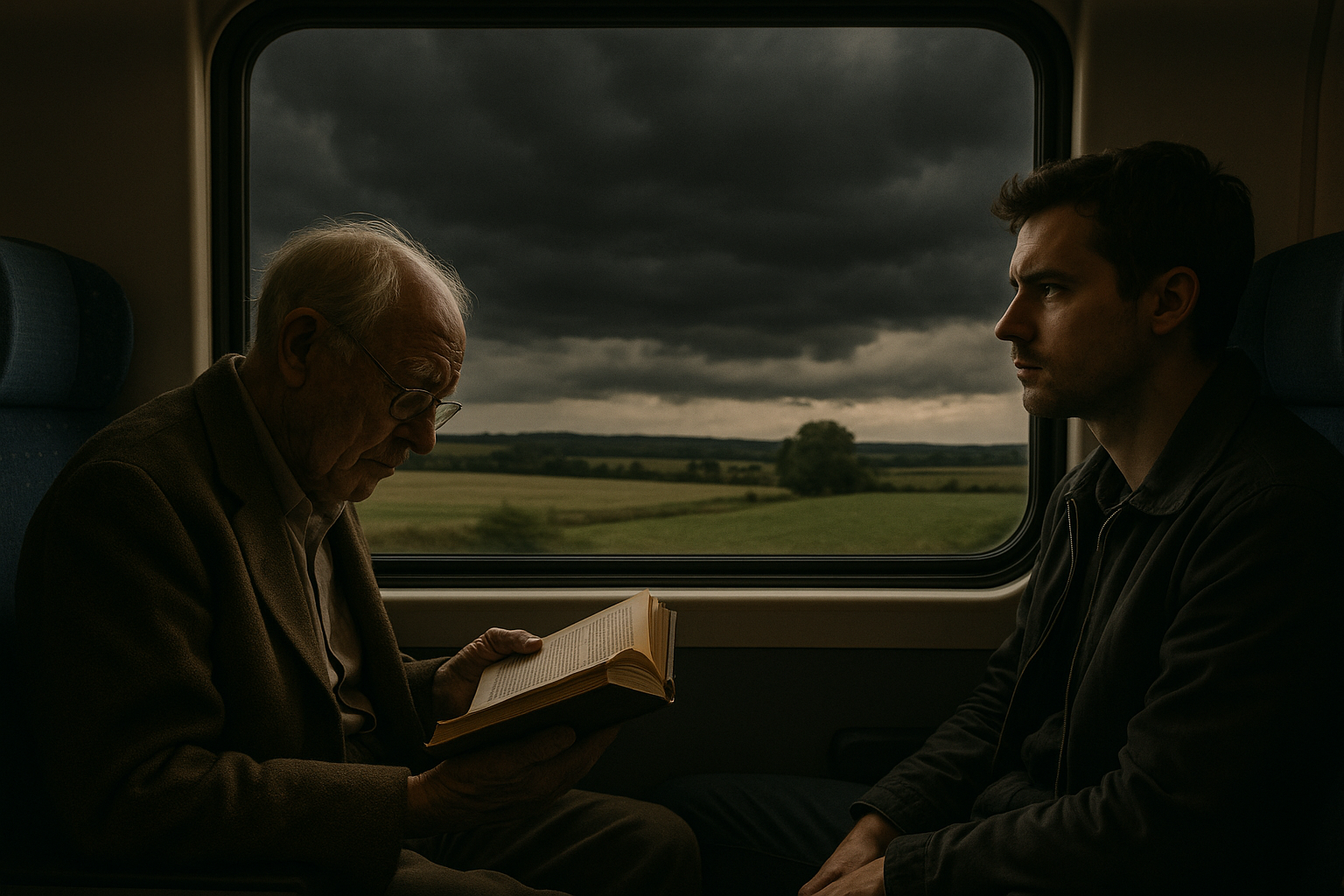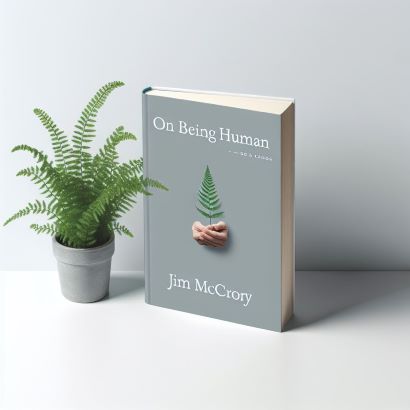“The child who is not embraced by the village will burn it down to feel its warmth.”
Traditional proverb
![]()
Life Lessons
on Tobias Wolff’s “The Liar”
There are stories we tell, and stories we live. Some are shaped by memory, others by longing, and still others by the desperate need to make sense of pain. In Tobias Wolff’s short story The Liar, we meet James, a teenage boy adrift in the emotional fog that follows the death of his father. James lies—not in the typical adolescent way to avoid trouble, but in a much more troubling, theatrical fashion. He lies about death, illness, and suffering. His stories are elaborate, even disturbing. In James, Wolff gives us a character who dramatizes the emotional turmoil that grief often silences.
The central irony is that James’s lies are a form of honesty. They express what he cannot say outright: that he feels abandoned, angry, and helpless. The death of his father has destabilized his inner world, and his outward behaviour mirrors this inner rupture. In a society that prizes facts and frowns upon deceit, James's fabrications seem pathological. But beneath his falsehoods lies a longing for connection and understanding. Perhaps he wants someone to notice—not just his behaviour, but the wound beneath it.
This resonates with a truth that runs through many of our lives: people often behave badly when they are hurting. Grief, especially when left unspoken, can twist into strange shapes. Wolff’s story reminds us that behaviour is a kind of language. What looks like rebellion might be sorrow in disguise. What we call manipulation might, in some cases, be the only way a young heart knows how to cry for help.
James’s mother, worn down and baffled, tries to control her son’s lies, to correct them with reason. She calls in a psychologist. She attempts gentle firmness. She threatens. But none of it works. Her failure is not for lack of trying—it’s that grief doesn’t respond to rules. You can’t discipline sadness out of a child. You can only accompany it. And that is the painful lesson many parents learn too late: that listening matters more than managing.
One of the most moving moments in the story is when James meets an old family friend—a woman who listens to one of his strange, dark fictions without judgment. She doesn't correct him. She doesn't scold. She simply lets the story be. And in that moment, something shifts. James is seen—not just as a boy who lies, but as a boy who feels deeply and needs space to express what he doesn't yet understand. In her quiet acceptance, we glimpse a path forward—not through punishment, but through presence.
The Liar is not about morality in the usual sense. It’s about what truth looks like when life becomes unbearable. It challenges the assumption that truth is always found in facts. Sometimes, truth hides in the fictions we tell, the ones that reveal more about our inner world than any literal account ever could. It’s a humbling reminder to listen closely—not just to what people say, but to what they mean beneath the words.
Wolff’s story offers life lessons not only for parents and teenagers, but for all of us who have ever used language to cover, reshape, or survive pain. It invites compassion in place of condemnation. It suggests that to truly understand another person, we must be willing to sit with their story—especially when it makes us uncomfortable.
In the end, James is not cured. The story leaves us with no tidy resolution. But it leaves us with something better: the recognition that to lie, in his case, was to grieve. And to listen—to truly listen—is to love.






















